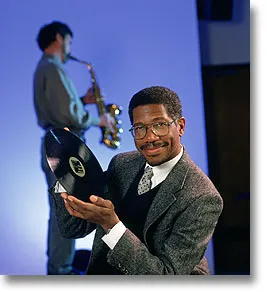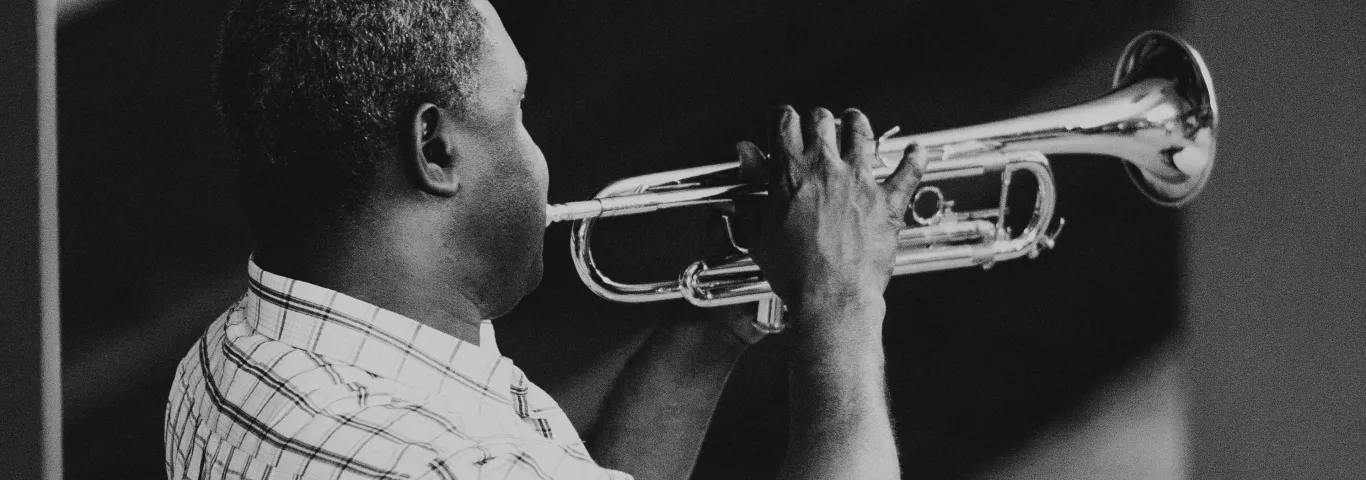The National Endowment for the Humanities’ Faculty Humanities Workshop for school teachers took place at Washington University in Saint Louis in 2008-2009. Entitled “The Impact of Jazz on American Life,” this Workshop was a fresh reconfiguration of the successful NEH institutes that the Center for the Humanities at Washington University administered on the same subject in the summers of 2005 and 2007. It aimed to introduce participants to the ways that interdisciplinary approaches to popular music, specifically jazz, can enrich a variety of humanities subjects. The primary goal of the Workshop was to help teachers understand how, through the study of the social, cultural, technical, and aesthetic history of a major American musical genre, jazz, they can re-think aspects of teaching American history, literature, art, and music while broadening students’ understanding of the political, social, and commercial impact that an artistic movement or style can have.

The Workshop format included a one week-long summer session and eight Saturday sessions throughout the academic year 2008-2009, from September until May. The workshop also included having the teachers attend performances of nationally known jazz musicians at a local jazz club, Jazz at the Bistro, one of our institutional partners. We also had a formal institutional partnership with both the St. Louis public schools and the St. Louis Catholic schools, with a representative from each serving on our supervising staff.
The participants of the Workshop, all of whom were local St. Louis teachers, were given the lesson plans developed by the participants of the 2005 Summer Institute and the material assessment reports written by the participants of the 2007 Summer Institute so that they would have some basis on which to draw up their own plans and classroom approaches. All participants were required to have completed plans for a class or a series of classes related to the subject that would be taught in the 2009-2010 academic year and to gather again in the spring of 2010 on the campus of Washington University for a one-day symposium to discuss whether the implementation was successful.
Workshop schedule, required reading, and application process.
